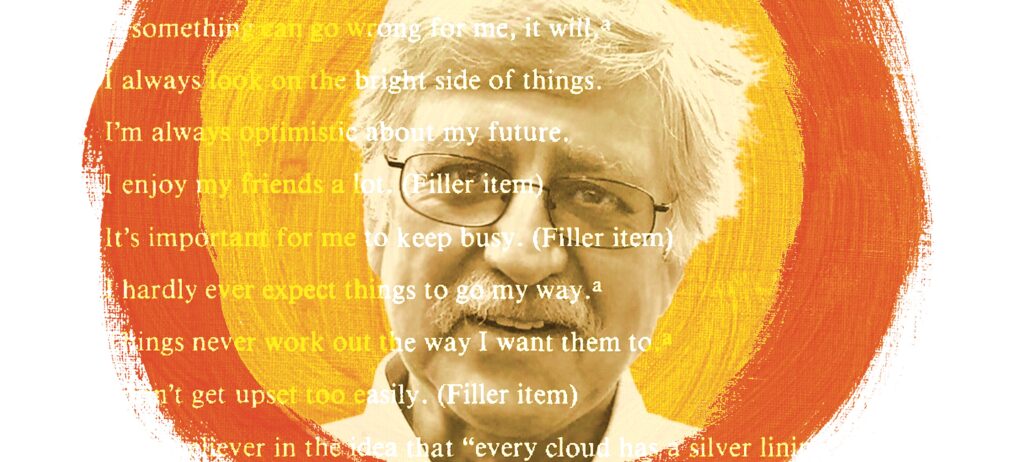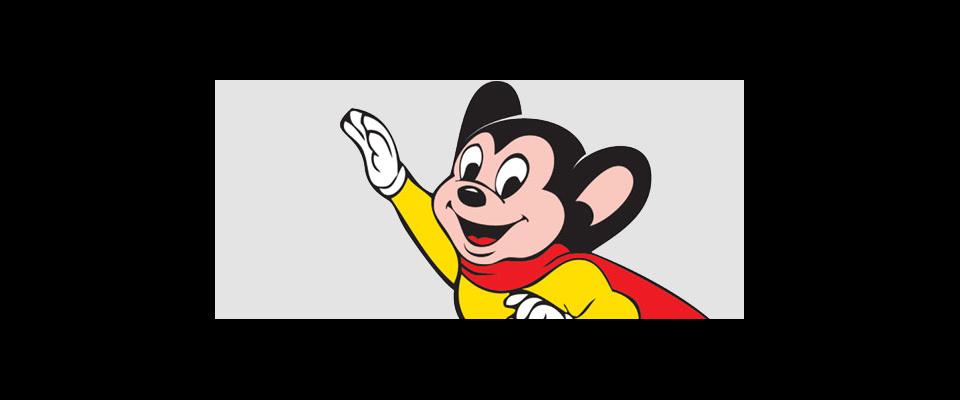Suppose you have just discovered a great new band and a website that offers instant gratification: You could download their album illegally with a click of the mouse. You know there’s a certain amount of safety in numbers—the more people downloading music, the less likely you’ll be caught. Of course, you don’t have any statistics on the number of illegal downloads, so you have to rely on your impressions to decide if the savings outweighs the risk. You click the mouse.
As it turns out, your impression is unlikely to be accurate. Psychologists have shown that we tend to overestimate how often other people violate social norms. It’s called moral pessimism. This is the kind of thing that excites Robert Cooter, a law professor at Boalt who directs the Law and Economics program.
Cooter studied psychology as an undergraduate and he applies his understanding of human behavior to his current research in economic policy and law. “Many of the most interesting things from psychology relate to individual beliefs,” Cooter says, “But the question for public policy is: How does this affect society?”
So Cooter uses economic models to predict how humans will behave and to figure out how that behavior might be changed. With moral pessimism, Cooter’s model predicts that pessimism can actually make people disregard the rules. If you pessimistically assume that lots of people are breaking rules—say, downloading music illegally—you are more likely to see safety in numbers and do it yourself. In other words, pessimism is a self-fulfilling prophecy. The same holds true if you are thinking about littering, or double-parking—or if you are drunk and considering the relative The power of pessimism merits of pissing behind a bush. Of course, this would also work in reverse: Educate people about the true level of rule-breaking and they’ll be less likely to join in.
It’s all part of the puzzle of governance: Why are some laws strictly followed and some routinely flouted? And for a law that is flouted, how do you push the pendulum back to the point where everyone behaves?
Sometimes the solution is rooted in psychology, sometimes it’s pure finance. In a paper recently published in the Journal of Legal Studies, Cooter offers another idea for getting rule-breakers back in line. Consider this case: Three petrochemical plants and five fertilizer factories dump into the Kishon River in Israel. Regulators can measure the total level of pollutants in the water, but they can’t tell which factories are responsible, which makes enforcement impossible. Cooter proposes an elegant solution: If there is any pollution in the river above the accepted level, all eight firms should be fined for the amount that any one would save by polluting. So if one plant could make $100 by releasing ten pounds of waste over the limit, and regulators find the total pollution is ten pounds over, each of the eight plants would have to pay a $100 fine—a total of $800. Cooter admits it is a radical idea true, innocent firms would be penalized if others dumped recklessly. But he says the point is this would never happen. If firms acted rationally, they would never exceed the maximum pollution levels and no one would ever be fined. That’s because it would be impossible to make any money by exceeding the limit—pollution would be unprofitable. As it stands, without this legal tool for enforcement, the only rational decision for the factories on the Kishon River is to increase profits by polluting whenever possible. Cooter’s proposal simply removes the incentive to pollute.




















